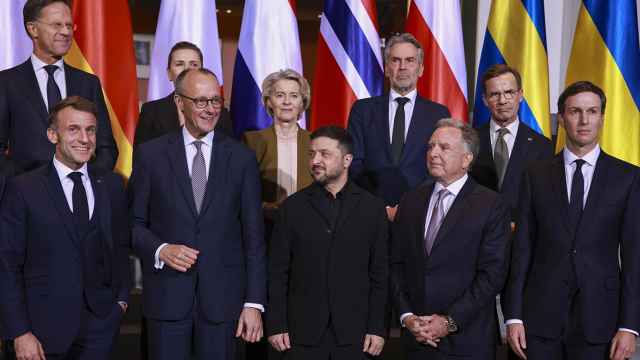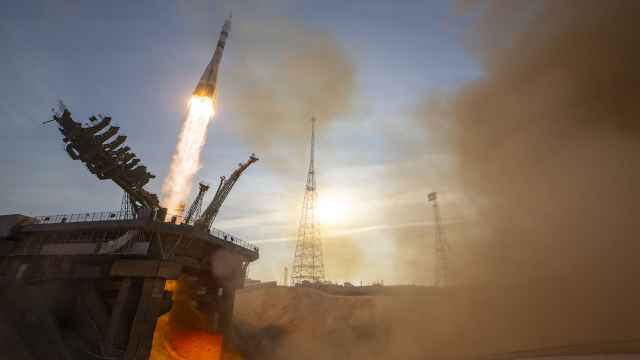Some elements of production sharing agreements, desired by investors in the energy industry but rejected by the government, may be included in new projects, Energy Minister Sergei Shmatko said Friday.
“If our companies propose specific projects in this area we wouldn’t rule out some elements of PSAs,” Shmatko told a news conference.
The energy minister’s comments are slightly more cautious than earlier media reports quoting him as predicting a “renaissance” in the agreements, which give investors the right to a share of the oil produced by their projects.
Production sharing agreements fell out of favor worldwide as resource rich countries sought to keep more of their oil for themselves in times of high oil prices.
In Russia, they acquired a bad name when Royal Dutch Shell was forced to give up its stake in the Sakhalin-2 project to state-controlled Gazprom after protracted arguments about the project’s budget.
Shmatko reiterated that the government felt early efforts at PSAs had failed to meet Russia’s national interests.
In recent months, however, Russian oil output has been running at or very close to peak levels of more than 10.2 million barrels per day, with much of the recent growth supplied by projects operated in the Pacific under PSAs.
ExxonMobil-led Sakhalin-1, pumping 155,000 bpd, was tied up over a year in negotiations over the project’s budget, leading to speculation that it might share Shell’s fate.
But Shmatko said earlier this month that the project’s budget was approved, and officials have been at pains to show Exxon is secure in Sakhalin.
“We don’t have any complaints against Exxon,” Shmatko said.
But whether they will be available for new offshore projects remains an open question, he said.
In another sign that Russia may be willing to drop some barriers to the strategic sector, Shmatko reiterated that oil companies with ambitions to sell gas will enjoy greater access to infrastructure through “soft” liberalization of transport.
But the country will stop short of breaking Gazprom’s iron grip on exports, he said. Russian companies could become exporters of gas, for example, by building their own infrastructure in Europe and contracting Gazprom to deliver gas.
A Message from The Moscow Times:
Dear readers,
We are facing unprecedented challenges. Russia's Prosecutor General's Office has designated The Moscow Times as an "undesirable" organization, criminalizing our work and putting our staff at risk of prosecution. This follows our earlier unjust labeling as a "foreign agent."
These actions are direct attempts to silence independent journalism in Russia. The authorities claim our work "discredits the decisions of the Russian leadership." We see things differently: we strive to provide accurate, unbiased reporting on Russia.
We, the journalists of The Moscow Times, refuse to be silenced. But to continue our work, we need your help.
Your support, no matter how small, makes a world of difference. If you can, please support us monthly starting from just $2. It's quick to set up, and every contribution makes a significant impact.
By supporting The Moscow Times, you're defending open, independent journalism in the face of repression. Thank you for standing with us.
Remind me later.





